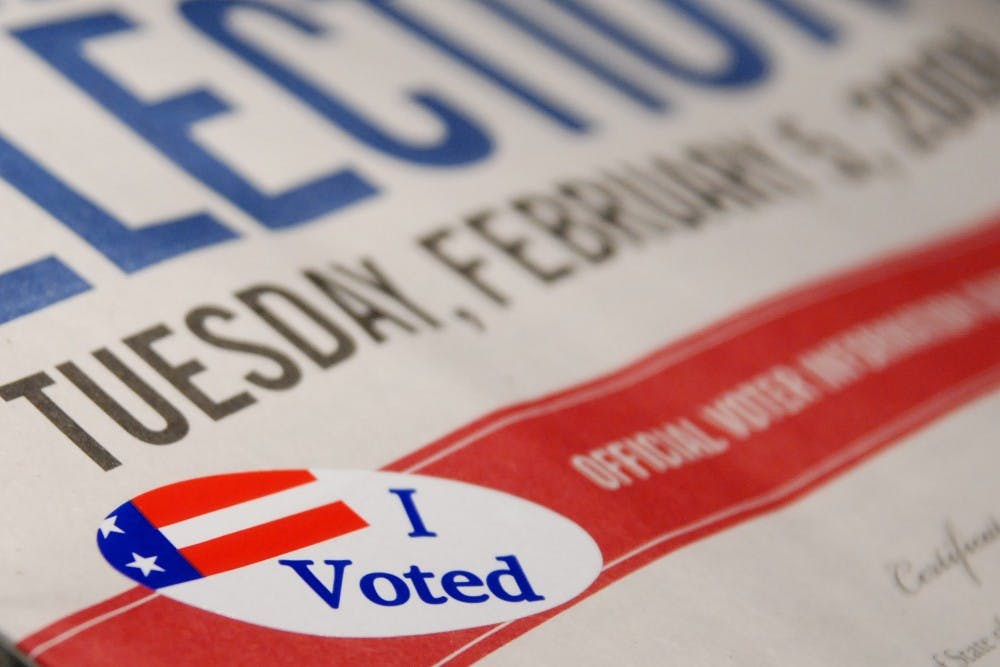
On Aug. 6, 1965, then-President Lyndon B. Johnson signed the Voting Rights Act, thereby helping to eliminate a century of voter intimidation and discriminatory tactics, such as poll taxes and literacy tests. After a hard-fought battle in which civil rights activists bled and died, the right to vote became a reality for black Americans. The impact of this law cannot be overstated. Within four years of its passage, voter registration in the South doubled. This transformative legislation not only upended discriminatory practices, but also required jurisdictions with a history of racial discrimination in voting to receive “preclearance” from the federal government before enacting any proposed changes to voting procedures. But on the eve of the 50th anniversary of the Voting Rights Act, the right to vote is still under attack in this country.
In 2013, the Supreme Court struck down the section of the law identifying the states requiring preclearance in the Shelby County v. Holder decision. The majority opinion stated that the existing formula “kept the focus on decades-old data relevant to decades-old problems, rather than current data reflecting current needs.” Sadly, this contention that these problems are a thing of the past is erroneous.
To this day, state legislatures in the former preclearance states continue to introduce measures that restrict access to the ballot, including — but not limited to — voter ID laws as well as restrictions on early voting and same-day registration. These policies disproportionately affect lower-income citizens and communities of color, the very people that the Voting Rights Act was designed to protect. It is unconscionable that we are still fighting for the right to vote in 2015.
Because the right to vote remains elusive for countless Americans, preclearance is still necessary to prevent disenfranchisement. On the same day of the Court’s 2013 decision, Texas announced that it would enact a voter ID law that had previously been blocked under Section 5 of the Voting Rights Act. Furthermore, scholar J. Morgan Kousser plainly rejected the majority’s assertion that the old formula was no longer applicable. In his study of more than 4,100 voting-rights cases and proceedings from 1957 to 2013 concerning impediments to minority political participation, he found that over 90 percent of these events occurred in jurisdictions that were required to preclear their voting changes.
In the Court’s Shelby decision, Chief Justice John Roberts encouraged members of Congress to enact new legislation based on current conditions. In light of evidence such as that which Kousser presented and the regressive policies implemented in states such as Texas since the 2013 ruling, Penn Democrats urges Congress to reinstate the original formula that was overturned. Moreover, we implore Congress to remain vigilant of any new jurisdictions that attempt to limit voting rights.
Unfortunately, Republicans in the House and Senate have refused to restore the Voting Rights Act, which once received overwhelming bipartisan support. As recently as 2006, Congress nearly unanimously voted to reauthorize the law for another 25 years. And when President Bush signed the reauthorization bill into law, he declared unequivocally, “My administration will vigorously enforce the provisions of this law, and we will defend it in court.” Furthermore, this March, more than 20 Republicans visited Selma to honor the bravery and courage of the men and women who fought for the right to vote. Republicans should once again join with Democrats to honor these heroes by restoring preclearance and protecting the right to vote.
The right to vote is sacrosanct in the United States, and the attack on voting rights is a fundamental threat to American democracy. It is imperative that our elected officials fully restore the Voting Rights Act in order to ensure that every American has a say in our democracy. Although we no longer live in 1965, ignoring the ways in which racial discrimination still serves as a barrier to the ballot is both naive and wrong. Will we continue to accept a system that silences the voices of those who need to be heard most?
When marching for equal rights in Washington in 1963, Martin Luther King urged national leaders to respond to the call for racial justice with “the fierce urgency of now.” Today, Penn students must call on Congress to heed King’s call. Let’s restore the Voting Rights Act, and let’s do it now.
ZAKYA HALL is a College sophomore studying Hispanic studies and political science. Her email address is zakyah@sas.upenn.edu.
The Daily Pennsylvanian is an independent, student-run newspaper. Please consider making a donation to support the coverage that shapes the University. Your generosity ensures a future of strong journalism at Penn.
DonatePlease note All comments are eligible for publication in The Daily Pennsylvanian.







